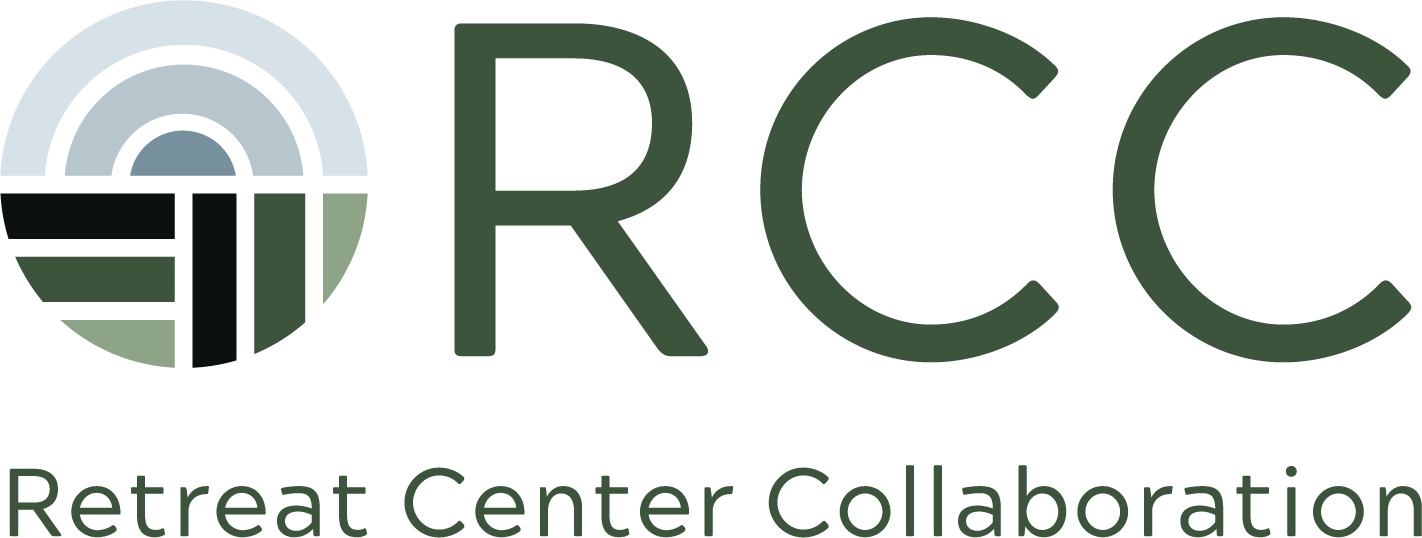Racial Equity, Justice, and Healing
This Community Call explores several facets of the RCC community's recent efforts around racial equity, justice, and healing. We hear from program designers and facilitators who have contributed their leadership to the following RCC programs: Roots to Reach, the JEDI Circle, and the Racial Healing Initiative.
Racial equity, racial justice, and racial healing work have been integral through the RCC’s brief history, including in its formation.
Margarita Solis-Deal led an opening practice to ground us and this conversation in gratefulness.
Here are highlights of recent programs:
Roots to Reach (February - December 2020)
Rako Fabionar and Michael Brabant led this program
Sacred/evolutionary cross-training for leaders in the retreat center sector
Exploring how we embody justice and equity for transformational work. Centering transformation, self-awareness, integrative and developmental frameworks, worldviews
Where do things shift and emerge, how do we foster transformation in community, experientially?
JEDI Circles (February - June 2021)
Jenyng Wu and Justine Johnson led this program, with support from the RCC Steering Committee
Peer support circle for retreat center leaders
Why justice and why now?
Trusting that the right people and the right number of people show up
Intersections between spiritual practices and anti-racist practices
“I have a vision of social justice movement as sanctuary. Not a tiny, perfectionist utopia behind miles of barbed wires and walls and fences and tests and judgment and righteousness. But a vast sanctuary where our experiences as humans, who have experienced and caused harm, are met with centered, grounded invitations to grow.”
Racial Healing Initiative (September 2021 - ongoing)
Victoria Santos, Ben Scott-Brandt, and a team of facilitators are leading this program.
Racial healing is a process that restores individuals and communities to wholeness, repairs the damage caused by racism and transforms societal structures into ones that affirm the inherent value of all people. It makes it possible to acknowledge and speak the truth about past wrongs created by individual and systemic racism and to address present-day consequences for people, communities and institutions.
Focusing on ways for all of us to heal from the wounds of the past, to build mutually respectful relationships across racial and ethnic lines that honor and value each person’s humanity, and to build trusting intergenerational and diverse community relationships that better reflect our common humanity.
Reflective practice: an invitation (drawing on the work of Leticia Nieto)
How can we increase our capacity to be able to see more clearly the truth of where the other person is?
What happens in my body when I think about finding common purpose with other people?
What would it mean to focus on what is being done right or well by those who share my commitment to justice?
The invitation is not to create utopias where people can run away from the world, but to create space for sanctuary where all of our brokenness and wholeness can come in.
Participants’ commentary from the conversation:
Where are the tools to go into these difficult conversations (and for transformation to take place)?
The tools have been here for so long, it’s rooted in community and relationships
If I open myself up, I open to others’ experiences
Value of slowing down
Relate to yourself, and what you value, and then to the other
I don’t know what I don’t know, I want to do something, but it’s also about being ready within myself
How do we become ok with recognizing the brokenness within ourselves, so that we can better see the brokenness in others — so that we are able to bring the healing component that only the spirit can bring forward.
We listened to inspiring and healing music during this call:
Black Pumas “Colors - Official Live Session”
Te Martin “May This Body Be a Bridge”
Find more notes and resources in our shared Google Drive folder.








